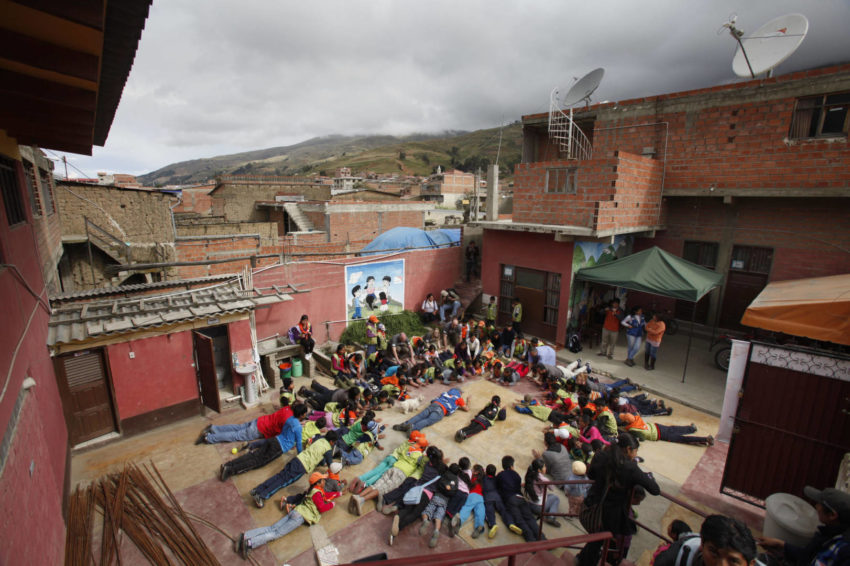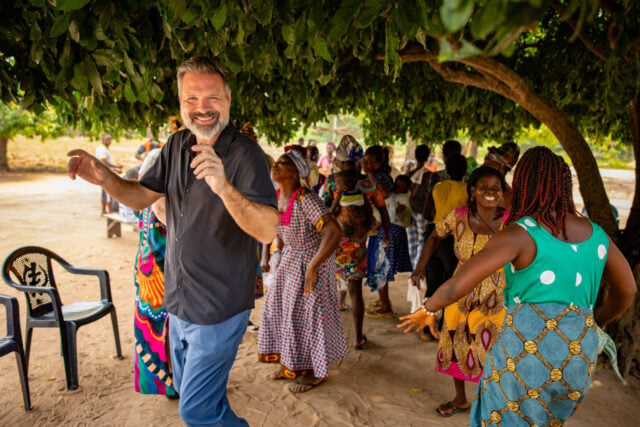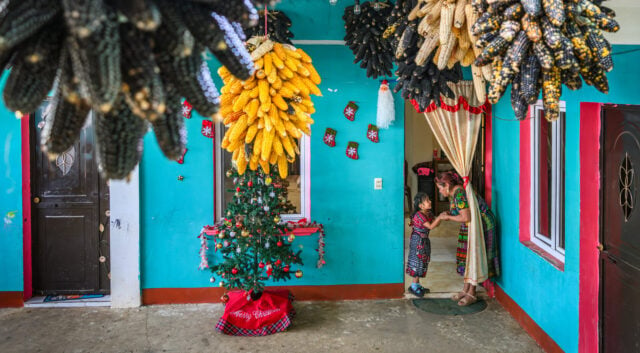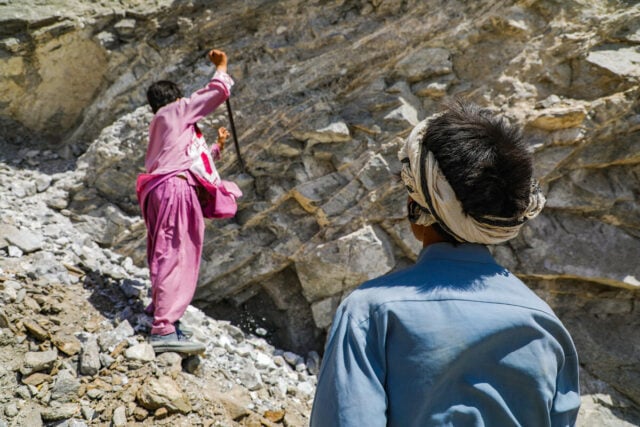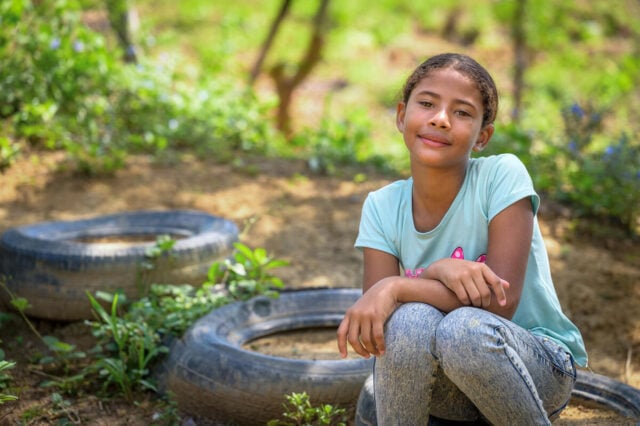About 60 children crowd into a courtyard in Colomí, Bolivia: a squealing, loud, colorful mass of little bodies stomping, clapping, and posing to the whims of Paolo Bosco.
In a game where children mimic his moves, Paolo makes faces, contorts his body, and lies on the ground, while the children follow him with delight.
Playful, even silly, but Paolo’s antics have a deep purpose. As the originator of the Child Network Missionaries of Peace, he’s launched a program that is on track to be a wellspring of hope for hundreds, if not thousands, of Bolivian children.
Geared to 7- to 14-year-old girls and boys, this homegrown program is one part Boy Scouts and one part World Vision community development — all infused with Bible stories and lessons.
“I’ve always had the idea of changing the world,” says Paolo, 29, a World Vision staff member who studied political science in college and now is pursuing advanced degrees in theater and music.
Children face harsh realities in Bolivia, one of Latin America’s poorest countries. Fifty-one in 1,000 children don’t even live past the age of 5. More than a quarter of Bolivian children between ages 5 and 14 work to help support their families. This practice is so widespread that the government decided this year to drop the minimum work age from 14 to 10.
I’ve always had the idea of changing the world.—Paolo Bosco
Paolo and all of World Vision’s staff in Bolivia dream of combating these dismal statistics one child at a time through the Missionaries of Peace. Here, instead of working, these children are encouraged to play. Having fun while learning is the first of three principles Paolo built into the program.
The group gathers for games, music, and lessons on Christian values, child rights, education, nutrition, and health. The club’s second principle is helping children develop a sense of identity that extends beyond themselves. For instance, the clasp on the kerchief the children wear features an upraised hand with a heart in the palm. Paolo says the hand represents each child; the heart, the heart of Christ, holds the group together.
The third principle is that the group’s values are deeply rooted in faith. “Most of the children, they don’t learn anything about Jesus,” Paolo says. “But now with the network, they learn Bible history, they learn about the Apostles, and Jesus is the model.”
Jesus, Paolo says, is an honorary member of the children’s group. “We’ve named him our oldest brother missionary.”
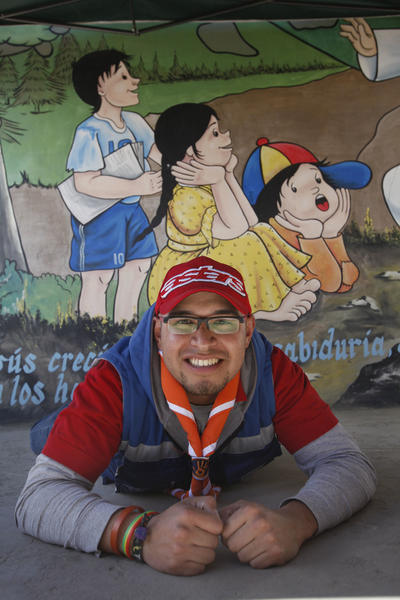
To reinforce lessons, Paolo uses a structure he learned as a loyal Boy Scout. Children earn badges in anti-bullying, storytelling, and family activities, or for participating in a community Christmas presentation or anti-hunger campaign.
But the most valued badge is the friendship badge, earned when the peace missionary brings another child to an activity — adding someone in from outside the circle.
From the first group of about 90 children in Colomí, Missionaries of Peace has grown in five years to 300 children in seven communities.
Paolo and the rest of Colomí’s World Vision staff hope the program will expand even more. “I have a lot of faith that it can work,” he says. While funded through World Vision’s child sponsorship program, participation in Missionaries of Peace is available to all.
Steve Biondo, Family Christian store senior vice president, recently visited Colomí and praised Paolo’s work.
“The big impact I saw was that kids saw themselves as leaders, servants, and problem solvers, not victims, not poor,” says Steve, whose company partners with World Vision to find sponsors for children around the world. “They were learning and applying the truth that, together, we are powerful and difference makers in this community.”
